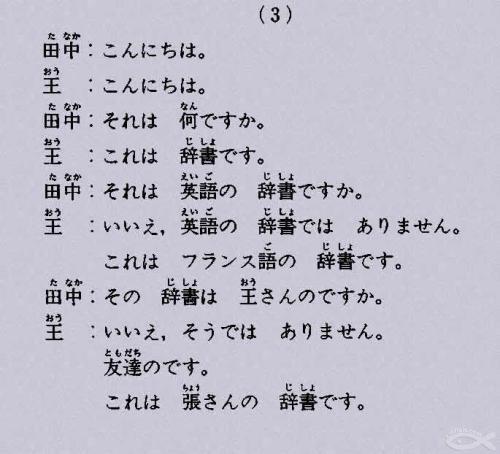Translating Japanese names into English can be a bit tricky due to the differences in language structure and writing systems. Here are some common methods and considerations when translating Japanese names into English:
One common method is to transliterate the Japanese name into English characters based on the pronunciation. This method tries to capture the sound of the name rather than its meaning. For example, the name "山田" can be transliterated as "Yamada" in English.
Another approach is to translate the meaning of the Japanese name into English. This method involves finding English words that convey a similar meaning to the original Japanese name. For example, the name "美咲" which means "beautiful blossom" could be translated as "Misaki" in English.
In some cases, Japanese names may be written in Katakana, a Japanese script used for foreign words and names. When a Japanese name is written in Katakana, it is often kept as is in English, as Katakana is already a phonetic representation of foreign words. For example, the name "ユウキ" would be written as "Yuuki" in English.
When translating Japanese names into English, it is important to consider cultural sensitivities and preferences. Some individuals may prefer to keep their names in their original form, while others may be open to translations or adaptations. It is always best to ask the individual how they would like their name to be represented in English.

If you are unsure about how to translate a Japanese name into English, it may be helpful to seek the assistance of a professional translator or interpreter who is familiar with both languages. They can provide guidance on the best approach for translating the name while respecting its cultural and linguistic nuances.
Overall, translating Japanese names into English requires careful consideration of pronunciation, meaning, and cultural sensitivities. By following these guidelines and seeking appropriate help when needed, you can ensure that the translated name accurately reflects the original Japanese name while being respectful of its cultural significance.
文章已关闭评论!
2025-04-05 05:06:27
2025-04-05 04:48:22
2025-04-05 04:30:15
2025-04-05 04:11:55
2025-04-05 03:53:53
2025-04-05 03:35:37
2025-04-05 03:17:25
2025-04-05 02:59:13